I have encountered issues with using dynamic variables in C#. This arose while coding NancyFx routing modules, but I have boiled down the issue to the example below. While I received a different exception in the original code, the example code still throws an exception that I believe is erroneous. Does anyone see what is going on here, or have others encountered similar problems?
Note that the following posts may be related: StackOverflowException when accessing member of generic type via dynamic: .NET/C# framework bug? System.Dynamic bug?
The code:
class Program
{
static void Main(string[] args)
{
var dictionary = new Dictionary<string, object>();
dictionary.Add("number", 12);
var result = MethodUsesExplicitDeclaration(dictionary);
var result2 = MethodUsesImplicitDeclaration(dictionary);
}
static dynamic MethodUsesExplicitDeclaration(dynamic reallyDictionary)
{
// this works, ostensibly because the local variable is explicitly declared
IDictionary<string, object> dictionary = CastDictionary(reallyDictionary);
return dictionary.Get<int>("number");
}
static dynamic MethodUsesImplicitDeclaration(dynamic reallyDictionary)
{
// this throws an exception, and the only difference is
// that the variable declaration is implicit
var dictionary = CastDictionary(reallyDictionary);
return dictionary.Get<int>("number");
}
static IDictionary<string, object> CastDictionary(dynamic arg)
{
return arg as IDictionary<string, object>;
}
}
static class Extensions
{
public static T Get<T>(this IDictionary<string, object> dictionary, string key)
{
var value = dictionary[key];
if (value is T)
return (T)value;
throw new InvalidOperationException();
}
}
The exception: Microsoft.CSharp.RuntimeBinder.RuntimeBinderException was unhandled
HResult=-2146233088
Message='System.Collections.Generic.Dictionary<string,object>' does not contain a definition for 'Get'
Source=Anonymously Hosted DynamicMethods Assembly
StackTrace:
at CallSite.Target(Closure , CallSite , Object , String )
at System.Dynamic.UpdateDelegates.UpdateAndExecute2[T0,T1,TRet](CallSite site, T0 arg0, T1 arg1)
at DynamicBug.Program.MethodUsesImplicitDeclaration(Object reallyDictionary) in c:\TFS\UnreleasedCode\POC\DynamicBug\DynamicBug\Program.cs:line 28
at DynamicBug.Program.Main(String[] args) in c:\TFS\UnreleasedCode\POC\DynamicBug\DynamicBug\Program.cs:line 16
InnerException:



